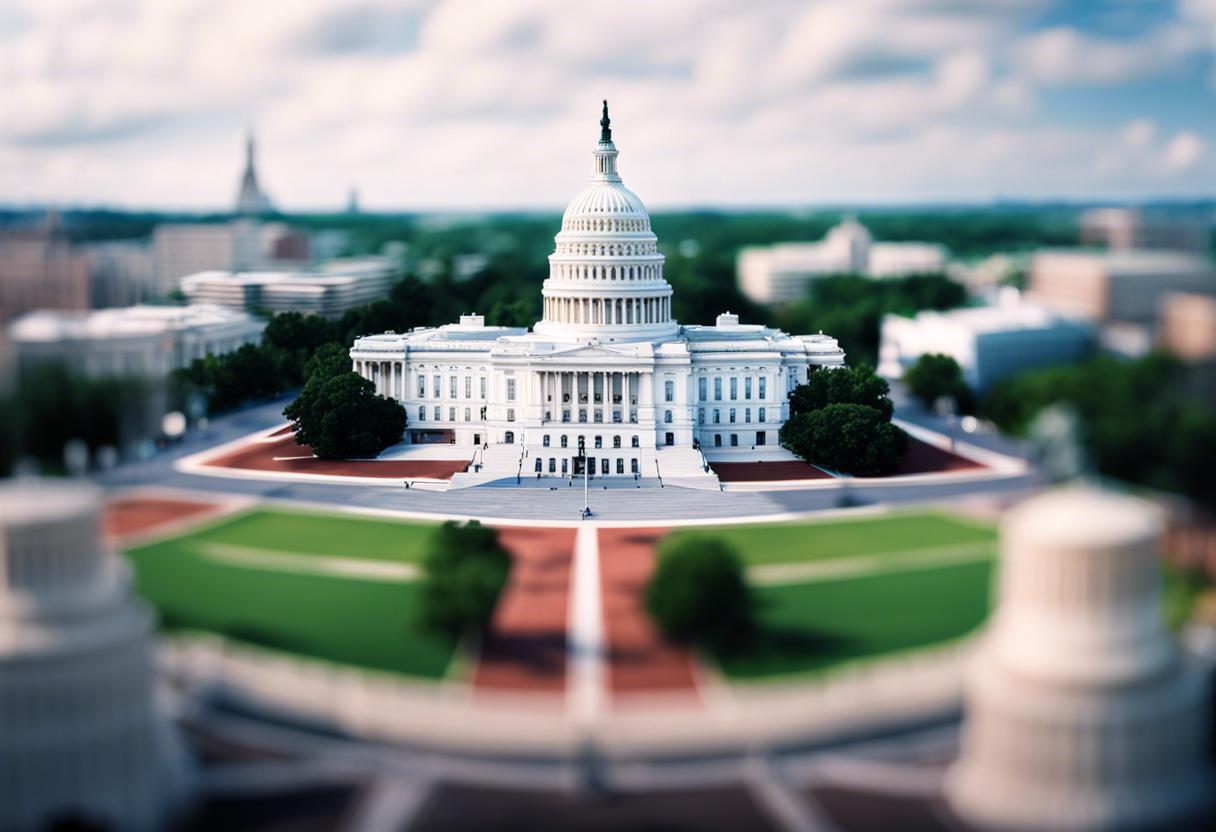Sixty-two public entities, encompassing the Health Service Executive, Tusla and the Irish Central Bank have found their way onto a lobbying registry. Individuals who lobby these newly listed organisations are obligated to enrol in the same way as if lobbying local or central government bodies.
The Lobbying Regulation Act of 2015 brought a degree of transparency to governmental lobbying activities. The government’s agenda pledged to enlarge the lobbying register to encapsulate further organisations not initially defined in the original legal context.
A legislative decree setting this expansion into motion was approved by Minister for Public Expenditure, Paschal Donohoe. This statute will be effective on the first day of January.
Minister Donohoe expressed his endorsement for this commitment to governmental transparency. He emphasised that for faith in government to strengthen, transparency is crucial. Lobbying, he argued, is a fundamental part of democratic functionality and it’s of great importance that it is openly scrutinized. He stated that Irish citizens ought to know the potential sway interest groups and representative bodies have over public policy matters.
As part of this move to solidify transparency, more officials will be governed by this regulation thereby making more information publicly available. The aforementioned legislative decree begins on the first of January, 2025. Senior officials within the enveloped public bodies, particularly those with influential roles in policymaking, will need to inform lobbyists about their status as Designated Public Officials (DPOs). Direct interactions with DPOs must be documented by lobbyists as specified by the Lobbying Regulation Act 2015.
Moreover, this 2015 Act includes a provision limiting public servants identified as DPOs from participating in lobbying activities for a year following their departure from service. This effectively constitutes a ‘cooling-off’ period for their involvement in certain lobbying activities.

